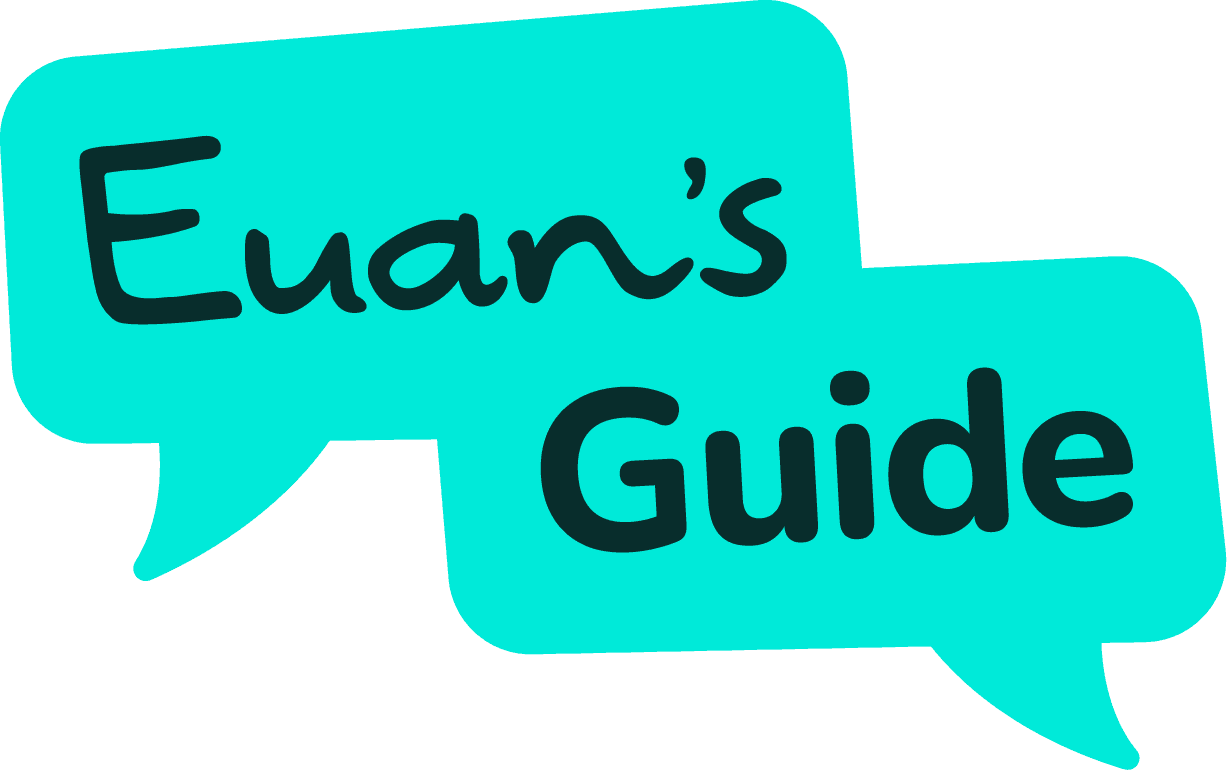New research from our 2024 Access Survey has revealed a troubling reality: AI may be shutting disabled people out rather than breaking down barriers. As part of the 10th anniversary of the UK’s largest and longest-running Access Survey, we explored disabled people’s awareness, usage, and concerns about AI’s growing role in society.
The Access Survey found that 63% of disabled people either know nothing about AI or have only heard about it in passing, while just 9% actively use it. At the same time, 67% of respondents expressed concerns about AI’s increasing role in everyday life, highlighting a critical gap between AI’s potential and its real-world accessibility.
With AI rapidly shaping industries, from automated customer service to accessibility tools, the findings raise an urgent question: is AI being developed in a way that includes disabled people, or is accessibility once again an afterthought?
AI and disabled access: a missed opportunity?
AI has the potential to improve accessibility through screen reader advancements, automated captions, and smart navigation tools. Despite this potential, 67% of disabled respondents expressed concerns about the increasing use of AI, revealing a gap between AI’s potential and the reality for disabled people.
Key Concerns from Disabled Users
**AI-generated content lacks lived experience
**Many respondents noted that AI tools fail to grasp key accessibility nuances. While some found AI useful for tasks like meeting notes and research, others were concerned about key language, particularly when considering the social model of disability.
(The social model of disability was developed by disabled people, and argues that disability is caused by societal barriers rather than individual impairments, focusing on creating inclusive environments and removing these barriers to promote equality and independence. Language around this can be crucial.)
For example, one Euan’s Guide Access Survey respondent commented on AI:
“... I do worry that it doesn’t understand disability or general terms around disability (eg always swapping disabled person for person with a disability).”
**The risk of automation replacing human support
**Many feared a future where AI-driven automation eliminates crucial support systems, especially when disabled access doesn’t have a ‘one-size-fits-all’ approach. For example:
“I am more concerned that there’s no method of last resort. Left abandoned on a train at the weekend a chat is no use at all.”
“... My fear is government using it to decide things like PIP and Blue Badges without human oversight and getting it very wrong without recourse.”
Bias in AI modelsAI systems often reflect biases in their training data, disadvantaging disabled people. One Euan’s Guide Access Survey respondent voiced concerns about transparency:
“My fears concern the lack of information on the programming and assumptions built into AI and the potential for its operation prejudicially affecting minorities such as the disabled.”
Another highlighted how AI could amplify existing biases:
“As AI uses databases to form judgements and attitudes towards disability have become increasingly negative in the last couple of years, I think we need to be very careful to avoid bias and discrimination. We also need to avoid stating that ai will help all disabled people, especially in art, and then claim that being against certain uses of ai is therefore ableist. It's using disability to shut down the conversation, when previously there was minimal interest in the disabled community.”
The role of media representation in AI bias
The 2024 Access Survey also examined how disabled people feel they are represented in the media. 57% of respondents felt that disabled people are not fairly represented across TV, advertising, film, and books, while 73% stated that they feel the public’s attitude to disability has stayed the same or worsened.
This lack of representation extends beyond traditional media - AI systems learn from the information they are fed. If disabled voices are missing from mainstream narratives, AI risks reinforcing these gaps. Without diverse and inclusive datasets, AI cannot accurately reflect or serve disabled people’s needs. Open learning models have the potential to bridge this gap, but only if disabled perspectives are actively included in AI training and development.
One Access Survey respondent summed up the issue:
“The right AI could help, but the wrong ones will do great harm. Generally created and trained by able-bodied white men who always seem to forget Other exists. For example, one created to examine photos of moles for signs of skin cancer was only trained on photos of white skin.”
AI in action: helpful or harmful?
While many respondents raised concerns about AI, others saw its potential when designed thoughtfully and inclusively. 33% of disabled people reported having no fears about AI, seeing its benefits in:
- Information gathering: AI can help summarise and synthesise accessibility information, though accuracy remains a challenge.
- Daily assistance: AI-powered tools support tasks like drafting replies, organising schedules, and translating complex information.
- Creativity & work support: AI helps users structure content, reduce cognitive load, and assist with work-related tasks.
- Smart home & mobility solutions: AI-powered voice control and automation improve independent living.
One respondent explained:
“AI in the future could help with housework and cooking tasks or even personal hygiene. I think, subject to controls, AI will be brilliant for people who are disabled."
Where Do We Go From Here?
AI is not going away. From smart home assistants to automated captions, it has the potential to make the world more accessible - but only if disabled people are actively involved in its development.
This research makes one thing clear: accessibility must be built into AI from the start and not treated as an afterthought. Tech companies, AI developers, and policymakers need to listen to disabled voices, ensure AI training data is diverse, and build tools that genuinely work for all users.
Euan’s Guide urges industry leaders to take action and invites discussions on how AI can be developed with accessibility at its core.
For the full 2024 Access Survey findings, visit www.EuansGuide.com/AccessSurvey

Sign up to our newsletter
Stay up to date with the latest news, announcements, and articles.
Read about our Privacy Policy.




